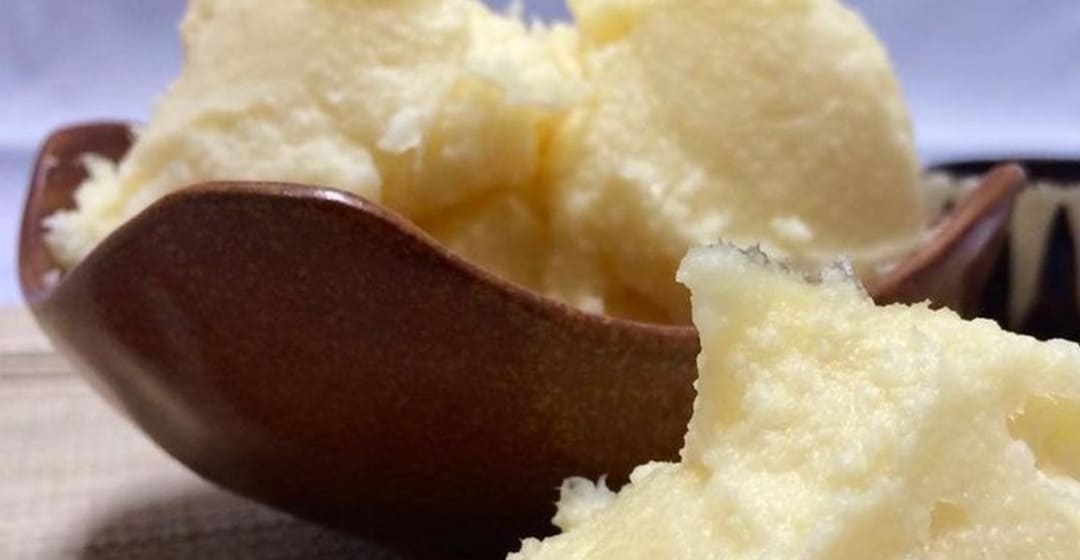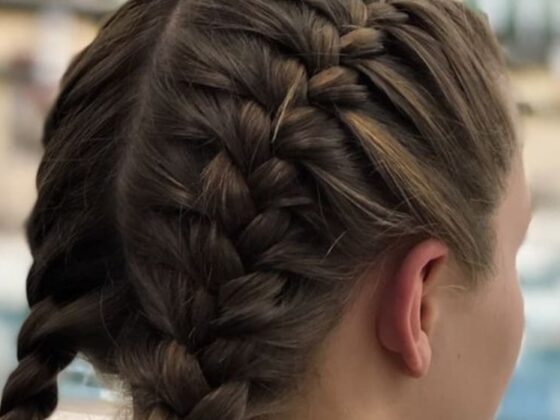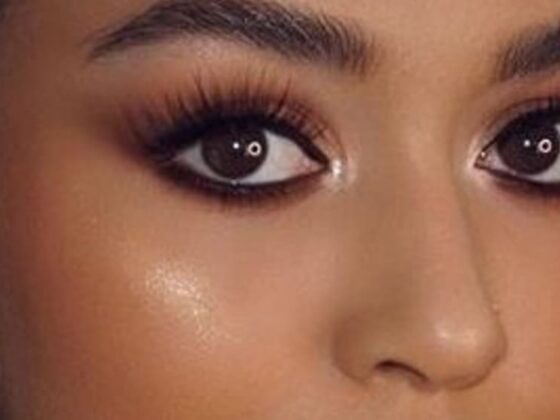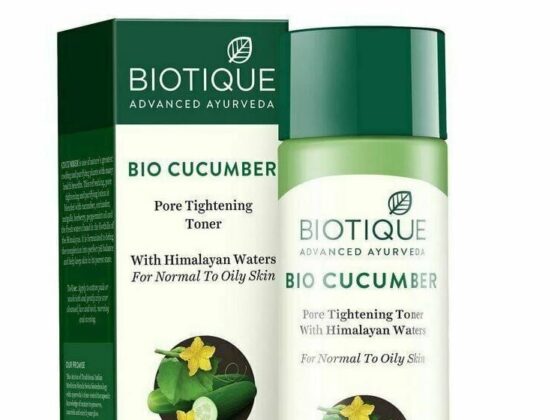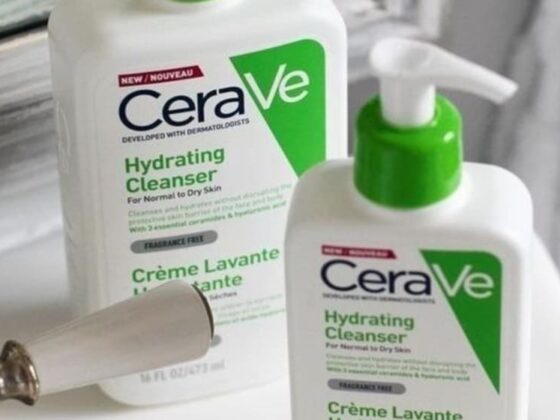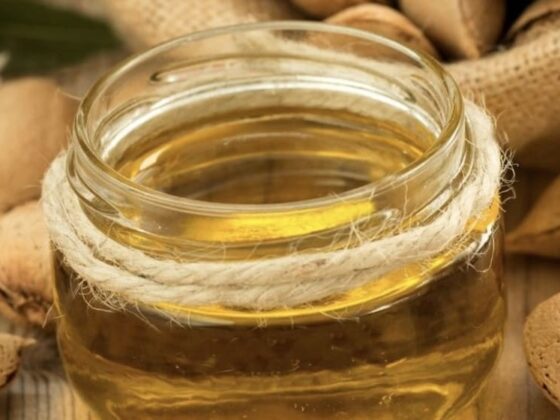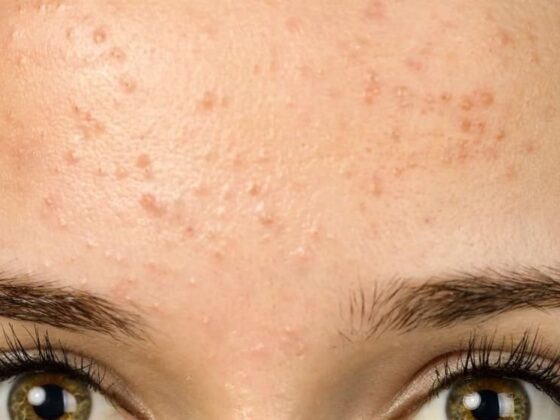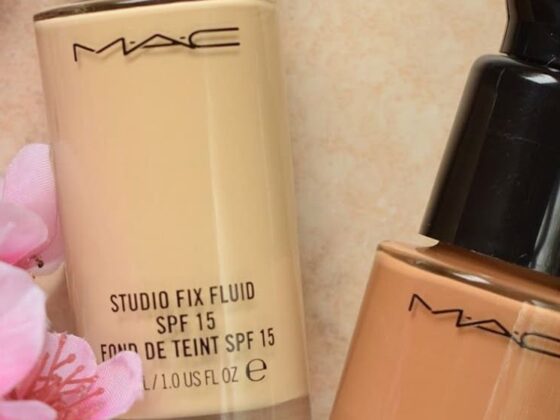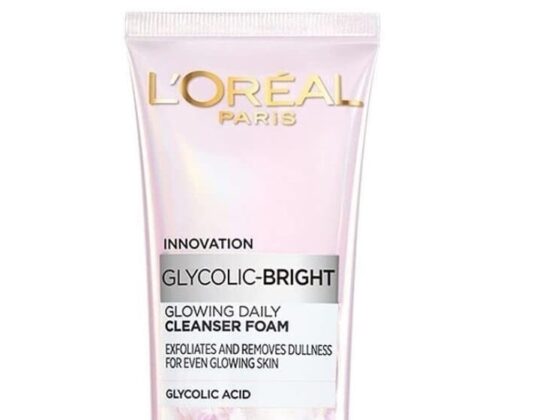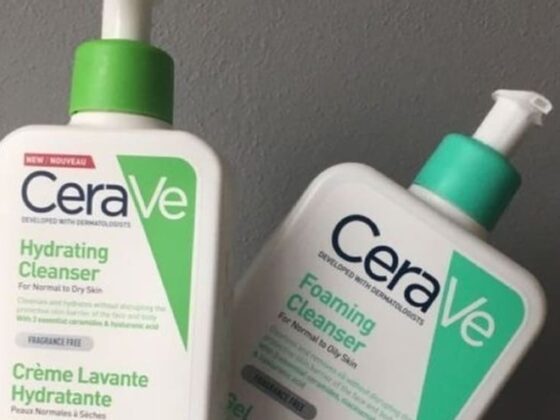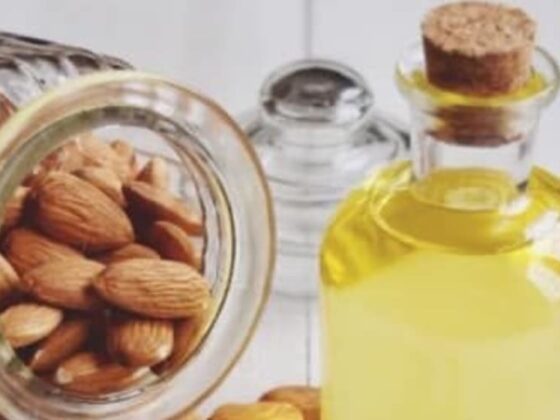When it comes to taking care of your skin, there’s no shortage of options on the market. From serums to lotions, creams, and oils, the choices can be overwhelming. But one timeless debate that often arises in the realm of skincare is the showdown between two natural heavyweights: shea butter and cocoa butter. Both of these buttery ingredients have long been praised for their moisturizing properties, but which one should you choose for your skincare regimen? Is there a clear winner between shea butter and cocoa butter for your skin? Let’s dive into this nutrient face-off and explore the differences and benefits of these two skin-loving substances.
Shea vs. Cocoa – A Nutrient Face-Off
Which Butter Is the Better Nutritional Powerhouse for Your Skin?
Let’s start with the basics: the nutrients that these butters bring to the table. Shea butter is derived from the nuts of the African shea tree and is packed with vitamins and fatty acids. It’s rich in vitamins A, E, and F, which promote healthy skin and provide essential antioxidants. Shea butter also contains fatty acids like oleic and stearic acid, which help to lock in moisture and maintain skin elasticity.
On the other hand, cocoa butter, extracted from the cacao bean, boasts its own impressive nutrient profile. It’s particularly high in antioxidants, such as flavonoids, which can protect the skin from damage caused by free radicals. Additionally, cocoa butter is known for its rich source of vitamin E, which can aid in skin repair and cell regeneration.
So, which one is the nutritional powerhouse? Well, it’s a bit of a toss-up. Shea butter brings a robust mix of vitamins and fatty acids that are fantastic for overall skin health. However, cocoa butter’s antioxidant-rich composition makes it a formidable contender. If you’re looking for a nutrient boost for your skin, both options have something valuable to offer.
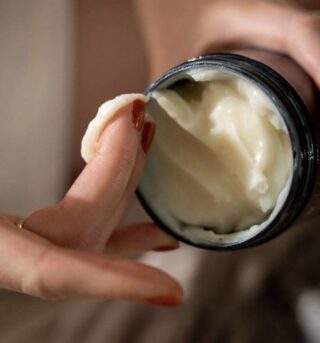
Texture Matters – How Do They Feel?
What's the Tactile Experience Like with Shea and Cocoa Butter?
Now, let’s talk about the sensory aspect of these butters – how they feel when you apply them to your skin. Shea butter is known for its creamy and slightly grainy texture. When you scoop it out of the jar and rub it between your fingers, you’ll feel the tiny grains that melt as they come into contact with your skin. This texture can be a bit gritty at first, but many people appreciate the natural feel it provides.
Cocoa butter, on the other hand, offers a smoother and silkier texture. It’s solid at room temperature but melts upon contact with your skin, making it easy to spread. This luxurious, velvety feel is often preferred by those who enjoy a more refined, melt-in-your-skin experience.
Ultimately, the choice between shea and cocoa butter texture comes down to personal preference. Some may love the rustic feel of shea butter, while others may prefer the silky touch of cocoa butter. It’s all about what you enjoy applying to your skin.
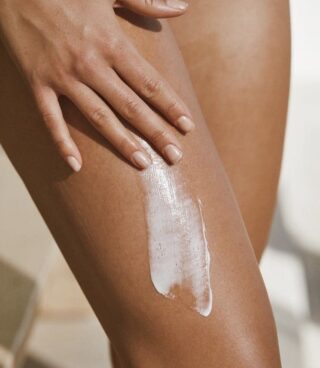
Locking in Moisture – Who Hydrates Best?
When It Comes to Hydration, Who Reigns Supreme: Shea or Cocoa Butter?
Moisture is the name of the game in skincare, and both shea and cocoa butter excel in this department. Shea butter is particularly known for its exceptional moisturizing capabilities. It forms a protective barrier on the skin’s surface, locking in moisture and preventing dryness. This makes it an excellent choice for those with dry or sensitive skin.
Cocoa butter is no slouch in the hydration department either. Its high-fat content ensures that it provides deep moisturization, and its emollient properties help to soften and smooth the skin. Cocoa butter is especially beneficial for preventing and treating dry, flaky skin.
In the battle of hydration, both shea and cocoa butter come out as winners. Your choice may depend on your skin type and specific needs. If you have severely dry skin, shea butter might be your go-to, while cocoa butter can be a great daily moisturizer for those seeking soft, supple skin.
Shea’s Soothing Secrets – Healing Abilities Unveiled
Does Shea Butter Truly Have Soothing and Healing Properties?
Shea butter isn’t just a moisture-locking marvel; it also has a reputation for soothing and healing properties. Its natural anti-inflammatory and antimicrobial properties can help calm irritated skin. Shea butter can be particularly beneficial for those dealing with conditions like eczema or psoriasis, as it can alleviate itching and redness.
Moreover, the vitamins A and E in shea butter promote skin cell regeneration, which can aid in the healing of scars and blemishes over time. So, if you’re on a quest for smoother, more even-toned skin, shea butter might be the answer.
Cocoa’s Magical Touch – Healing and Scar-Fading
Is Cocoa Butter the Secret to Effective Healing and Scar Reduction?
Cocoa butter isn’t one to be left behind in the healing department either. Its moisturizing properties can help fade scars and marks, making it a popular choice for those seeking to diminish the appearance of stretch marks or surgical scars. The antioxidants in cocoa butter also contribute to skin repair and can help improve overall skin texture.
Additionally, cocoa butter’s ability to penetrate deep into the skin can aid in the healing of minor cuts, burns, and skin irritations. It forms a protective barrier while allowing the skin to breathe, promoting the healing process.
When it comes to healing and scar-fading, both shea and cocoa butter have their unique strengths. Your choice may depend on your specific skin concerns and preferences.
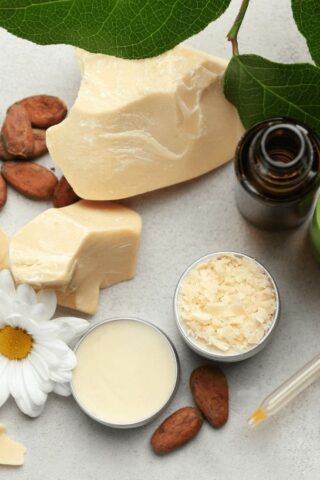
Scent-Off – Aroma and Sensory Experience
Which Butter Offers the More Enticing Aroma and Sensory Experience?
The aroma of skincare products can be a significant factor for many individuals, especially when it comes to self-care routines. Shea butter has a mild, nutty scent that’s often described as earthy and natural. It’s a subtle aroma that won’t overpower your senses, making it suitable for those who prefer a more understated fragrance.
Cocoa butter, on the other hand, is known for its sweet and chocolaty scent. It’s a fragrance that evokes warmth and comfort, reminiscent of a decadent chocolate treat. This can be quite appealing to those who enjoy a sensory experience that feels like a spa day indulgence.
The choice between shea and cocoa butter in terms of aroma largely comes down to personal preference. If you enjoy the comforting scent of chocolate, cocoa butter may be your top pick. However, if you prefer something more subtle and natural, shea butter is the way to go.
Skin Types and Preferences – Which Suits You Best?
How Can You Determine Which Butter Aligns Better with Your Skin Type and Preferences?
Your skin type and personal preferences play a significant role in determining which butter is best for you. Here’s a breakdown to help you decide:
- Dry or Sensitive Skin: Shea butter is an excellent choice due to its exceptional moisturizing and soothing properties. It can provide the hydration and relief that dry or sensitive skin craves.
- Normal to Combination Skin: Cocoa butter’s balanced moisturization and pleasant aroma make it a versatile option for those with normal to combination skin types.
- Healing and Scar Reduction: If you’re specifically seeking to address scars or skin healing, both shea and cocoa butter can be effective, so it comes down to your personal preference.
- Aromatic Experience: If you enjoy the comforting scent of chocolate, cocoa butter wins in this department. Shea butter is better suited for those who prefer a milder fragrance.
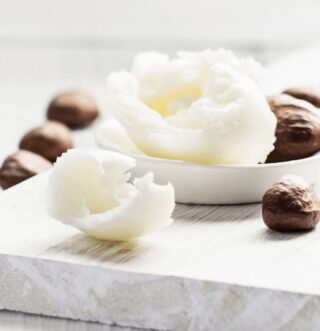
Sustainability Considerations – Ethical and Environmental Impact
What Ethical and Environmental Factors Should You Consider in the Production of These Butters?
It’s essential to consider the ethical and environmental aspects of the products you choose for your skincare routine. Shea butter is primarily sourced from African shea trees, and ethical sourcing practices can help support local communities and protect these valuable trees. Look for products that promote fair trade and sustainable harvesting.
Cocoa butter production, on the other hand, often faces environmental challenges, as it’s derived from cacao beans primarily grown in regions vulnerable to deforestation. To make an eco-conscious choice, opt for products that use sustainably sourced cocoa butter and support reforestation efforts.
Versatility vs. Specialization – Making the Right Choice
Are You Leaning Toward the Versatility of Shea Butter or the Specialized Benefits of Cocoa Butter?
When it comes to versatility, shea butter takes the crown. Its wide range of benefits, from moisturization to soothing and healing properties, makes it a reliable choice for various skincare needs. Shea butter can be your go-to solution for daily skincare routines.
Cocoa butter, on the other hand, specializes in certain areas, such as scar-fading and providing an indulgent sensory experience. While it may not be as versatile as shea butter, it excels in the areas it targets.
Your choice depends on your specific skincare needs. If you prefer an all-in-one solution, shea butter is a versatile powerhouse. However, if you’re looking for specialized benefits, cocoa butter may be your top pick for targeted skincare.
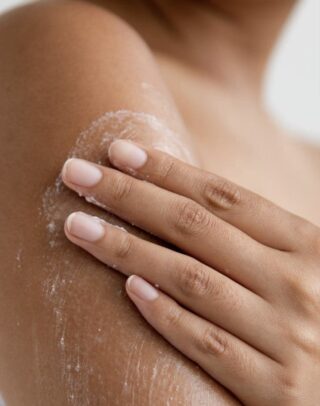
Allergies and Sensitivities – Safety First
What Precautions Should You Take Regarding Potential Allergies or Sensitivities to These Butters?
While both shea and cocoa butter are generally safe for most skin types, it’s essential to be mindful of potential allergies or sensitivities. Some individuals may be sensitive to certain compounds found in these butters. Here are some precautions to consider:
- Patch Test: If you’re using either butter for the first time, perform a patch test by applying a small amount to a small area of skin. Wait 24-48 hours to see if any adverse reactions occur.
- Allergies: If you have a known allergy to tree nuts, be cautious with shea butter, as it is derived from the shea tree’s nuts. Cocoa butter, derived from cacao beans, maybe a safer alternative in this case.
- Fragrance Sensitivity: If you have a sensitivity to fragrances, opt for unscented or fragrance-free products, especially with cocoa butter, which has a distinct chocolaty aroma.
The Verdict – Which Butter Prevails?
Which Butter Comes Out on Top When Considering Different Skin Needs?
In the battle of shea butter vs. cocoa butter, there isn’t a definitive winner because it ultimately depends on your individual skin needs and preferences. Here’s a quick summary to help you decide:
Choose Shea Butter If:
- You have dry or sensitive skin.
- You seek a versatile moisturizer with soothing and healing properties.
- A subtle, natural fragrance appeals to you.
Choose Cocoa Butter If:
- You want to target scar-fading or skin healing.
- You enjoy the sweet, chocolaty aroma.
- You have normal to combination skin and prefer a luxurious, velvety feel.
Your Skincare Decision – Experiment and Discover
Are You Ready to Experiment and Find Your Preferred Skincare Option?
The world of skincare is a diverse and exciting realm, and both shea and cocoa butter have a place in it. Why limit yourself to just one? Many skincare enthusiasts find success in combining different products to address various skin concerns.
So, don’t be afraid to experiment and discover what works best for your unique skin type and preferences. Whether it’s the creamy richness of shea butter or the sweet indulgence of cocoa butter, your skincare journey is all about finding what makes you feel confident and beautiful in your own skin. Embrace the power of natural ingredients and pamper yourself as you explore the wonderful world of skincare.
Love,
Team LadyInRoseGold


